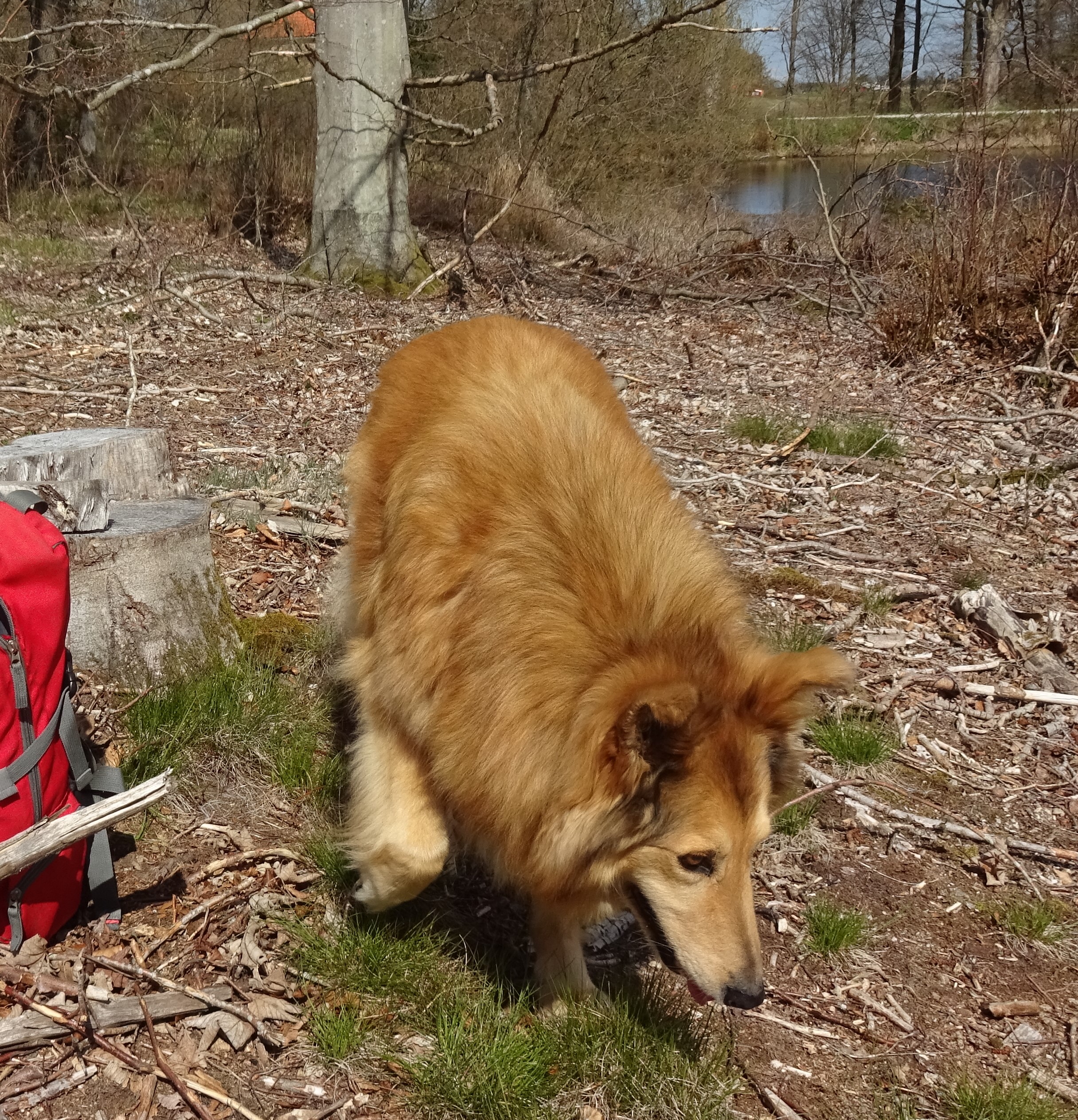Increase Traffic?
Today I'm going to tell you how to increase traffic for your site and business.
- AND build your crediblity...
- AND improve your ranking in the search engines...
- AND get your customers talking to others about you...
... all with a simple four-step process that won't cost
you a single dime.
Sound too good to be true? It's not!
Let me give you a quick rundown of the plan before we dive in:
-
You're going to find a handful of keywords that the ideal
visitor to your site would use to search for your product
-
You're going to increase traffic by plugging those keywords into your web site
-
Then you're going to write a SHORT article that contains
those same keywords
-
And finally, you'll distribute your content all over the
web and get people passing your information on to other
people who will be interested in what you have to offer
You'll be surprised how quickly and easily you can get this increase traffic strategy going - and how fast you'll see an impact on your traffic numbers
when you put yourself on the radar of people who are looking
for what you provide.
Let's check out the first step in a little more detail...
Step One: Set up your web site for maximum "searchability"!
If you haven't taken the time to...
... your traffic is going to be sluggish right off the bat. How
are the people who really want your information supposed to find
you?
When I tell people that they've missed an important step in their
increase traffic-building strategy, they always ask me: how are
you supposed to figure out the right keywords for your web site?
Here are the two tools I recommend to help them with the job:
- Yahoo
Search Marketing's Keyword Selector Tool
is a good place to start your investigation. You just type
in a word or term you think people in your market might search
for, and the Keyword Selector Tool will tell you how many people
searched for that particular term in Yahoo Search Marketing over
the last month.
It will also show you a list of related words and phrases, and
tell you how many times people typed those terms into the free
search engines over the last month.
This is a great way to find out how many people may be searching
for information to solve a particular problem, and give you a
picture of the demand for your product on the Web. But best of
all, it gives you tons of ideas for keywords that you might never
have thought of.
Once you’ve generated a list
of useful keyword ideas, you’re ready to dig in and do some
serious research.
When you enter the keyword phrases your market is searching for,
you search the SBI database of millions searches
(or "queries"). You're looking for search terms that
are popular, but don't have too many sites competing for them.
You can also pop all of this detailed information into useful
reports that help you determine which keywords and phrases will
bring you the most traffic.
Step Two: Increase traffic by plugging keywords into your site
Now that you have some great keywords for
your market, find as many places as you can to plug them into your
web site!
Use them in your title tags, in your source
code, in the copy on your pages, and in your opt-in offers.
If you find your domain name isn't telling
people what your web site is about or showing up in the right search
results, consider purchasing a new one.
A keyword-rich domain name is a small investment
that really pays off by making your site easy for your potential
customers to find and remember.
(One quick note: remember to use
only keywords relevant to your product - search engines
will penalize you if they find keywords sprinkled through your code
that have nothing to do with the content of your site.)
Now to move on to the next step - your foolproof
way to snag people searching for your product on the Web and bring
them back to your site!
Step Three: Create a keyword-rich article to distribute on the Web
When you're ready, get your keywords, sit down, and write a keyword-rich
article that relates to what you sell.
Then give it away to other sites - for FREE!
Believe it or not, this is one of the best ways you can drive a
steady stream of eager customers to your site.
Why does it work? Well, people basically come online for one of
two reasons: To check their email or to look for information. Sure,
some of them end up making purchases, but this is not generally
the reason they log on. They want...
- the answer to a question
- the solution to a problem
That's why it's your job to give them that information, as it relates
to your product. You already do that with the copy on your
web site, but why stop there?
Writing a short, informative article to distribute on the Web is
a great way to gain recognition as a valuable resource in your industry.
Of course, you'll want to write about something that relates to
your products or services, since the ultimate goal of the article
is to drive visitors to your site who are interested in what you're
selling. But the article should be informative, not "sales-y".
Make sure that each article you write contains rare, valuable,
or hard-to-find information. Not only will this increase the chances
that other site owners or managers will post your article, it will
also increase traffic and the number of visitors who click through to your site after reading it.
For example, if you have a web site that sells used golf equipment,
you could write an article about three things to look for in a good,
pre-owned putter. Or if you sell an eBook about setting up your
own home computer network, why not write an article about common
problems people have in setting up a wireless router?
Look for article ideas in the questions that people ask you all
the time, or in the things you often see people doing wrong. Share
hot new tips on how to use the products you sell, or talk about
trends that you've spotted in your industry.
I'm not talking about a major essay here, though.
Did I just hear a big sigh of relief? :-)
Nope - you don't need to be a professional writer to turn out
a solid, traffic-boosting article! Your quick piece should...
-
be no longer than 400 words (not even a whole page!)
-
contain a keyword related to your product in first 90 characters
-
contain the keyword in the first and last paragraphs
-
have a short, credibility-building "bio" with link
to your site at the end. Here's an example: "ABOUT THE AUTHOR: Joe Smith is a recognized authority on the subject of widgets. His web site, www.JoesWidgets.com, provides
a wealth of informative articles and resources on everything
you'll ever need to know about widgets."
Now for the fourth step in this increase traffic and traffic-driving
strategy.
Step Four: Get your content headed EVERYWHERE
on the Web
Once you've taken a few hours to write one or two quick articles,
head to one of these top online content distribution sites.
Upload your keyword-rich content to:
- www.ezinearticles.com
- www.goarticles.com
- www.ideamarketers.com
It only takes a couple of minutes, but the rewards for your site
will be huge.
These sites carry hundred or thousands of articles on a range of
topics. If someone is looking for content for their web site, they
can download or copy an article from the distribution site without
paying a dime to use it! They can't change the text of the article,
and they must publish it with the author's name and information
intact.
Now people who are plugging your keywords into search engines will
be directed to your content at these highly-ranked sites,
and web site owners who are looking for fresh, increase traffic and search engine-attracting
content will download your article - along with your bio
and link! - and put it up on their pages.
And once visitors see that you know what you're talking about,
they'll click on the link in your bio, and head straight to your
web site!
The best thing about this strategy is that these visitors are QUALITY,
TARGETED traffic - they actually WANT what you're selling, because
you are meeting a need or giving them help with the problem they
came online to solve!
Some content distribution sites also offer "send to
a friend" links next to articles posted on their sites
- so make sure you're uploading your articles to sites with this
kind of capability!
Every time someone enjoys your article enough to pass it on, your
audience grows. And since people don't forward BAD content on to
their friends, they are basically recommending you as a credible
source just by passing it on.
You can also create a "send to a friend" link on your
own web pages with the help of a simple script added to your code.
Here are some examples of what this kind of link might say:
- "Did you enjoy this article? To recommend it to a friend,
click here..."
- "To pass this important info along to a friend or family
member, click here..."
- "Share this with a friend - just click here..."
- "Can't wait to tell a friend about this? Here's how..."
To find scripts to make links like these ones fully functional,
check out the resources at:
- www.freewebtemplates.com
- www.javascript.com
- www.scriptsearch.com
- www.hotscripts.com
The visitors who come to your site through articles or forwarded
material are highly targeted... and likely to take action
when they actually arrive at your web site seeking your specific
information.
Final increase traffic thoughts
See how much you can do with one little article?
It's amazing how effective a small piece of content can be when
you...
- know your keywords, and...
- know all the places to position that content so it's viewed
again and again
Once you've done your keyword research, you might feel a bit intimidated
by the idea of writing something yourself for the 'Net. Or maybe
you don't feel like you have the time to do it justice.
Remember - any free content you create shouldn't be too long,
and it definitely shouldn't be too complicated, since the people
reading it won't know your product or your subject as well as you
do.
If you're still concerned, you can always hire a writer from a
freelance web site like www.upwork.com to do a couple of short articles or an eBook (with a bit of basic information
from you, of course.) Expect to pay anywhere from $25 to $35 an
hour for their time.
But I recommend that you try to write something yourself first.
You definitely don't need to be a professional writer to create
something readable and interesting... (I sure don't have a degree
in creative writing myself!)
Just try to think like your audience - what do they want to know,
and how much do they know already? Then tell them simply and clearly.
We're not talking Shakespeare here.
Here's one more quick peek at my easy four-step plan to increase
traffic:
-
Find the keywords people are using to search for your product
-
Make sure all the content on your web site contains these
keywords!
-
Write short, keyword-rich articles with links directing people
back to your site - nothing too long or complicated; just enough
content to establish you as someone "in the know"
about your industry
-
And finally, send your article to content distribution sites
and - with just a simple suggestion or a script-based link
- encourage people to pass your material on to their friends
(and direct them back to your site!)
These simple steps are things that practically anyone can do to
increase traffic. They'll help you get the kind of targeted,
quality Web site traffic that can make all the difference to the
success of a business, especially when you're just starting out!
In other words, these are the types of visitors who are most likely
to take action on your site, whether they make a purchase, or simply
opt in with their personal information.
And I don't know about you, but I'll take more of those visitors
any day of the week!
| 



























